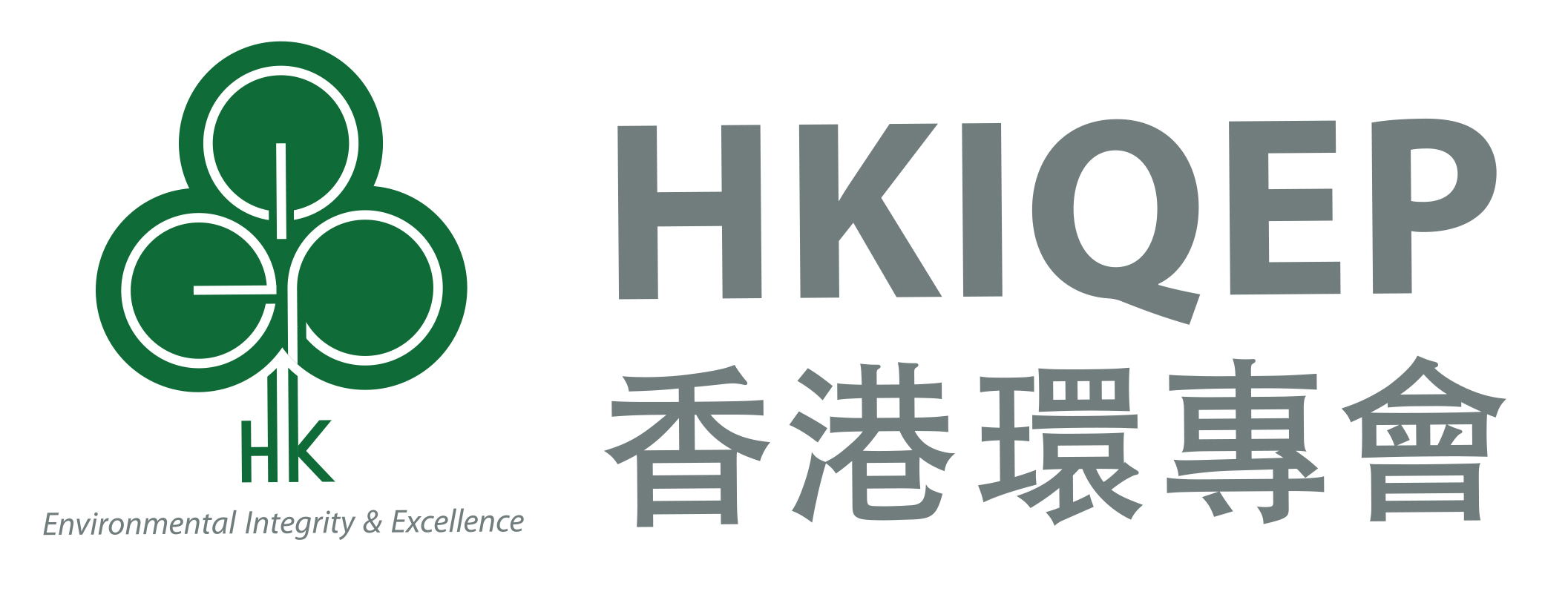| Programme Short Name | Study Mode | Normal Period of Study | JUPAS Code | EdUHK Programme Code |
|---|---|---|---|---|
| BSc(IEM) | Full-time | 4 Years (Year 1 Admissions) 2 Years (Senior Year Admissions) |
JS8702 | A4B092 |
| Enquiry (Admissions) | Enquiry (Programme) | Download Leaflet |
|---|---|---|
| (852) 2948 6886 Submit Your Enquiry |
Dr Man Yu Bon Brian (852) 2948 8917 ybman@eduhk.hk (852) 2948 6438 dses@eduhk.hk |
Download Leaflet |
Programme Introduction
Environmental management is of growing importance in the daily operation of private and public sectors. Throughout the past few decades, new environmental tools and knowledge have emerged to enable policymakers and decision-makers to deal with environmental challenges presented in their planning and operation, including environmental management system, environmental risk assessment, environmental impact assessment, and pollution control technology, etc. At the same time, the establishment of environmental regulation in different jurisdictions makes it necessary for different sectors to comply with different legal and regulatory requirements. The multidisciplinary BSc(IEM) programme is catered for students who have a strong interest and dedication in environmental management and sustainability. BSc(IEM) has been accredited by the Hong Kong Institute of Qualified Environmental Professional (HKIQEP) under the HKIQEP Accreditation Scheme for Environmental Degree Programmes - Undergraduate Level.
Programme Features
In-depth Integrated Understanding
Tackle global sustainability challenges with a comprehensive understanding of scientific, regulatory, and ethical perspectives.
Experiential Learning
Engage in internships, local and non-local trips, and community projects to apply your knowledge in real-world settings.
Evidence-based & Communication-driven
Craft effective, evidence-based strategies for environmental sustainability, while mastering the art of impactful communication.
Increased Employability
The accreditation by the Hong Kong Institute of Qualified Professional (HKIQEP) signifies the programme meets the highest standards of environmental education and training standards and is recognised by government departments and the business community. Graduates will gain a competitive edge, opening doors to a variety of career opportunities in the environmental sector.
Programme Structure
| Domain | Credit Points (cps) | |
|---|---|---|
| Year 1 Admissions | Senior Year Admissions | |
| Major | ||
| - Major Core | 36 | 21 |
| - Major Elective | 3 | 3 |
| - Cross-Faculty Core Course | 3 | 3 |
| - Major Interdisciplinary Course | 3 | 3 |
| - Living and Working in Our Country | 3 | / |
| - Overseas Field Trip | 3 | / |
| - Internship | 3 | 3 |
| Second Major / Minor / Electives | 30 | 15 |
| General Education | 22 | 6 |
| Language Enhancement | 9 | 0 |
| Final Year Project (Honours Project / Capstone Project) | 6 | 6 |
| Total: | 121 | 60 |
Notes:
(1) Classes will be held in Tai Po Campus and Tseung Kwan O Study Centre / North Point Study Centre / Sports Centre / Kowloon Tong Satellite Study Centre as decided by the University.
(2) Students admitted into this programme are required to visit the Greater Bay Area (GBA) and/or other parts of the Chinese Mainland. The programme may also require students to participate in other non-local learning experience for completion of the programme. While the visits are subsidised, students are required to contribute part of the estimated cost of the visits ("students’ contribution"), whereas any personal entertainment, meals expenses, travel document fee and personal insurance costs shall be at students’ own expense. The estimated cost of the visits and students’ contribution for students admitted to the coming cohort is yet to be available due to a variety of factors such as inflation of cost of the visits, trip duration, traveling expenses, the exchange rate, etc.
(3) Second Major is not applicable for Senior Year Admissions.
Internship / Overseas Study Opportunities
The "Contemporary Environmental Issues" course features a series of engaging seminars that delve into key environmental issues, culminating in an exciting overseas field trip. Experience firsthand how environmental concepts are applied on a global scale, broadening your understanding and perspective.
The Internship course is designed to provide real-life, integrated environmental management experiences. This hands-on course allows you to put your acquired knowledge and skills into practice, offering authentic job experiences that inspire critical reflection and shape your future career in environmental management.
Career Prospects/Professional Recognition

HKIQEP Accredited Programme
The BSc(IEM) has been accredited by the Hong Kong Institute of Qualified Environmental Professional (HKIQEP) under the HKIQEP Accreditation Scheme for Environmental Degree Programmes – Undergraduate Level, for the following FOUR areas:
| Environmental Science | Environmental Management |
| Environmental Impact Assessment and Health Impact Assessment | Water |
The accreditation signifies that the BSc(IEM) programme meets the highest standards of environmental education and training standards. Here’s what this means for our graduates:
Increased Employability
Our programme is recognised by government departments and the business community. Graduates will gain a competitive edge, opening doors to a variety of career opportunities in the environmental sector.
A Faster Path to Professional Qualification
Students admitted to the BSc(IEM) programme will have a shorter pathway to becoming Qualified Environmental Professionals, requiring only 5 years of environment related work experience compared to 8 years for graduates from non-accredited programmes.
Details can be found at https://hkiqep.org/accredited-programmes/.
Graduates can find employment across a wide range of fields, including Environmental Consultancy, Non-government Environmental Organisations, Public & Private Sectors in Environmental Management, Environmental Testing, etc.









 Back to top
Back to top